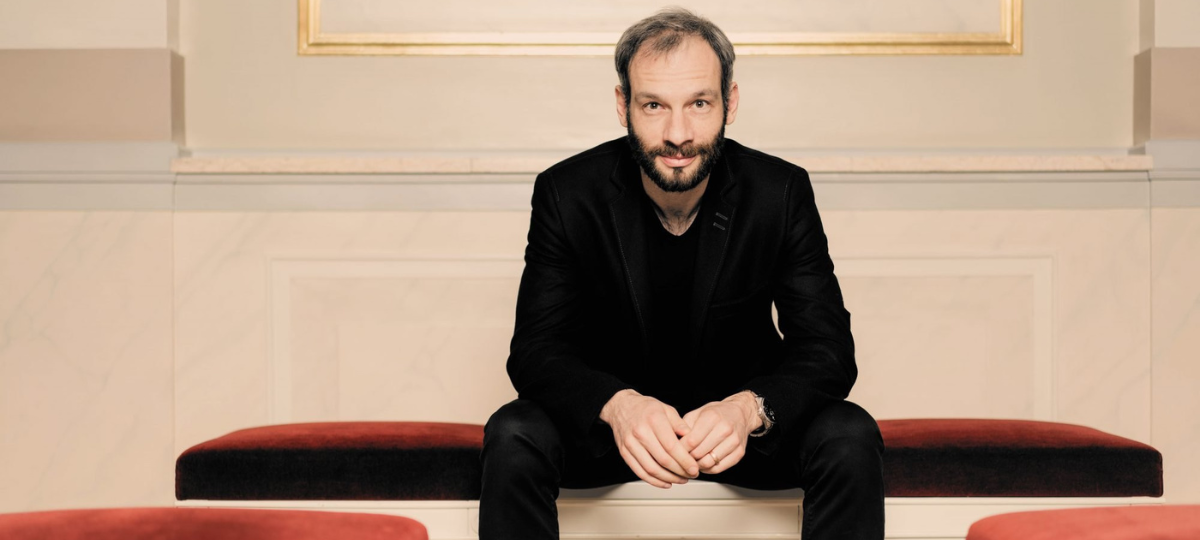Thursday 08.05.2025 at 18.30
Sibeliustalo
DIMA SLOBODENIOUK, conductor
ILJA GRINGOLTS, violin
Jean Sibelius: Concert Overture
Lotta Wennäkoski: Violin Concerto ‘Prosoidia’ (first Finnish performance)
Jean Sibelius: Lemminkäinen
Duration 2h, inc. 20 min intermission
Tickets:
34–13 € (adults) / 28–13 € (OAPs) / 10–8 € (children, students, unemployed)
Tickets go on sale at 10 am on 15.5.2024 at Lippu.fi.
Lotta Wennäkoski, winner of a 2023 Gramophone Award, is on the runway to world fame. Her recent violin concerto Prosoidia is a movingly humane work in which wordless instruments engage in a heated debate in the language of music. The orchestra’s long-time partner Ilya Gringolts, one of the world’s top violinists, will give the concerto its Finnish premiere.
The young Jean Sibelius spent several years working on a great opera based on the Kalevala – ultimately unsuccessfully, but not in vain. The opera sketches evolved into a number of other compositions. The best known is probably the Lemminkäinen suite with its slow movement, The Swan of Tuonela. Shortly afterwards he wrote a separate one-act opera, The Maiden in the Tower, and used its material to create a jaunty concert overture, a treasure only recently rediscovered.

